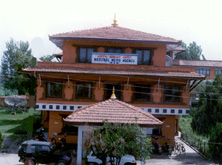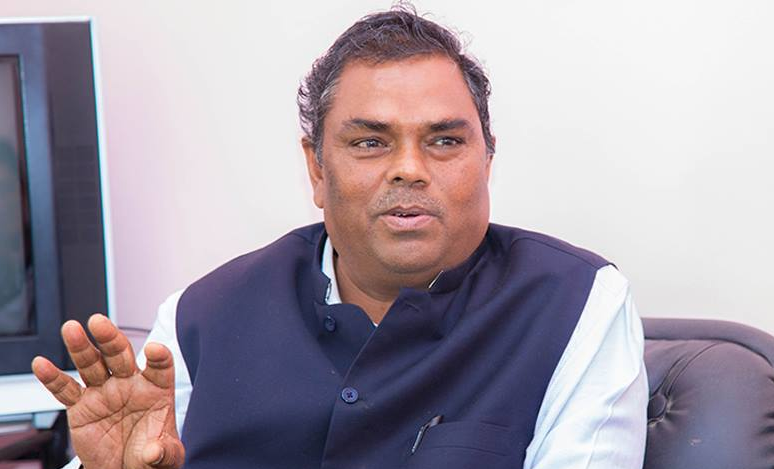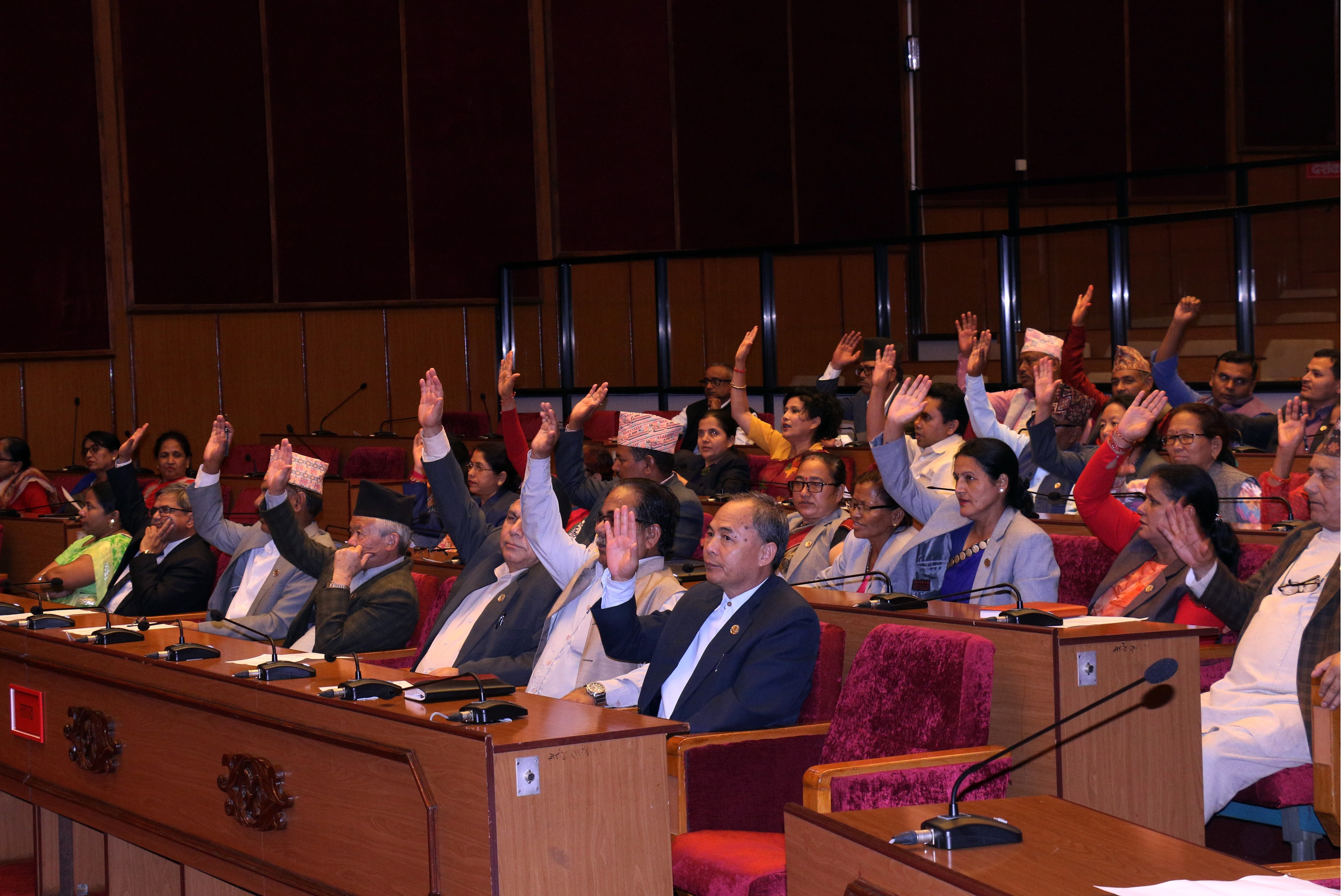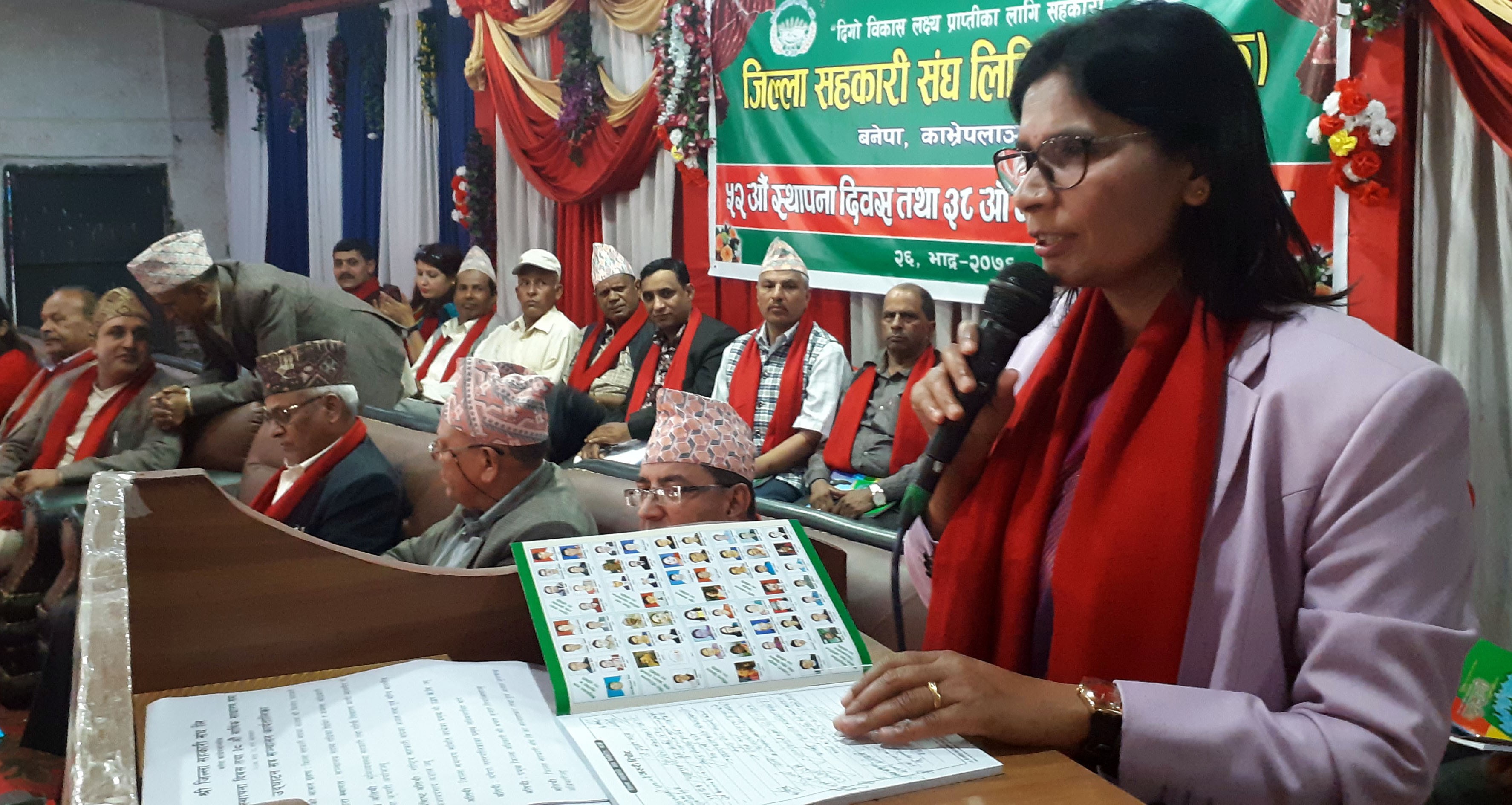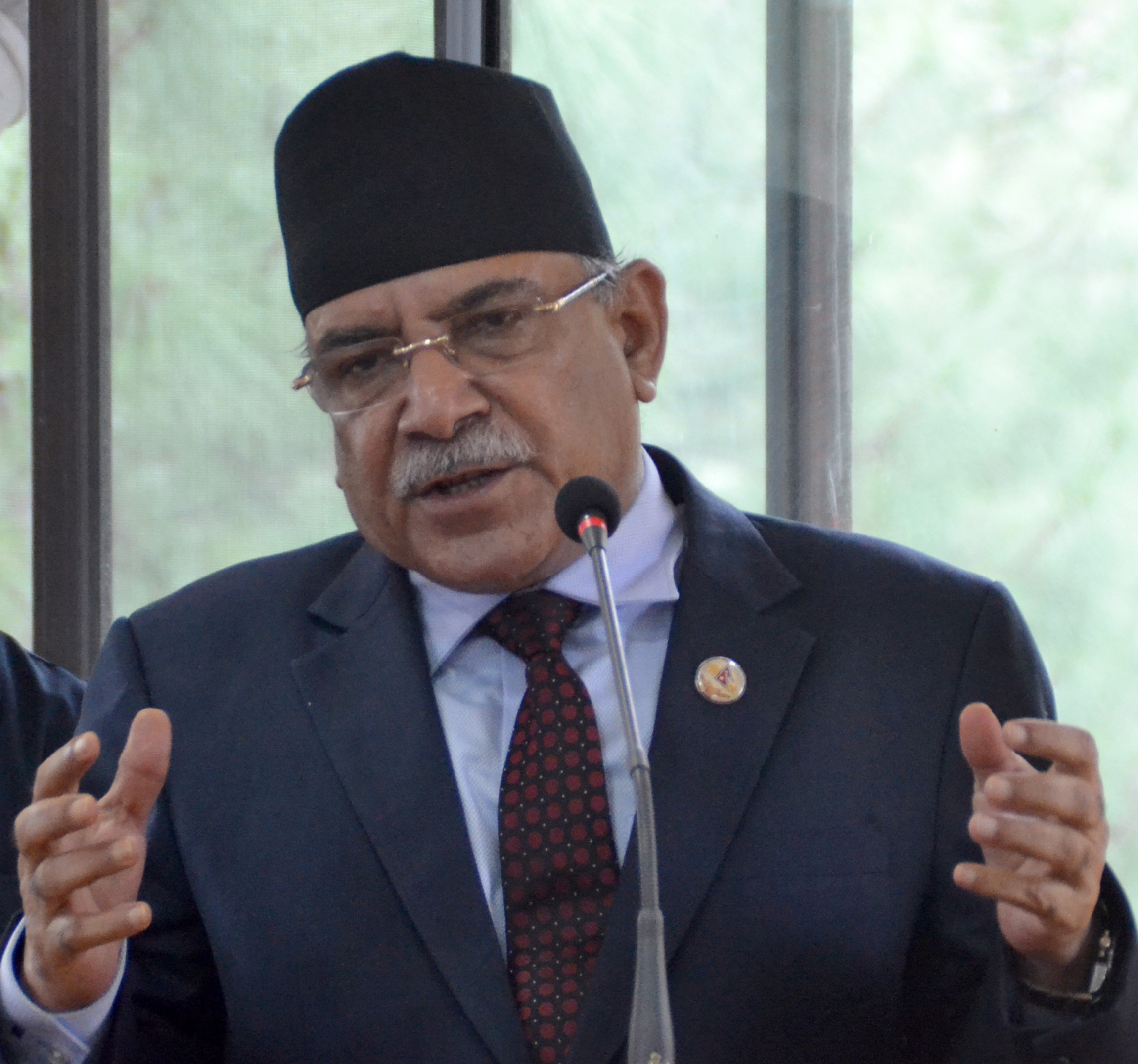Lack of irrigation hinders paddy plantation in Mahottari
Mahottari, June 27 : The season of paddy plantation largely takes place during monsoon throughout the country. It is the month of Asar (June-July) - main time for paddy plantation in Nepal.
But, the time this year seems not encouraging for farmers in Mahottari, a district in State-2. They are disappointed as they are still waiting for favourable conditions with sufficient water for the cultivation. ''It has waned our enthusiasm and energy to gear up for the cultivation,'' said 35-year-old Chandeshwor Ray Danuwar of Ramnagar, Bhangaha Municipality-4 in a sad tone.
''We are seeing brief rains this season, but it is not enough to start the cultivation in a full-swing.'' Farmers who had to struggle to get seeds and fertiliser to be prepared for the cultivation are now looking for good rainfall. It suggests farmers here largely depend on rain-fed agriculture.
Kishan Nathuni Mahato of Pashupatinagar of Bardibas Municipality-9 felt sorry over the situation farmers here are going through. The 80-year-old man said water resources nearby the settlement are of no use for them as they just cause havoc for them, enter into the settlement sweeping away houses and land and fueling their agony. The settlement lacks any systematic irrigation facility.
Besides, farmers here have no experiences of getting seeds and fertiliser easily. Under these circumstances, farming is always challenging for them.
According to Mahat, farmers have no access to agricultural loan, grants and other facilities as said by the government. It is usurped by so called smart people.
Dipamaya Shrestha of Bhangaha-4 worried about potential food crisis when the rice-cropping is delayed.
There is a seasonal time-table for rice-cropping and the cultivation should be done within the third week of Asar for better production.
Mahottari has around 70 thousand hectares of arable land and of it around 52 thousand hectares is considered suitable for paddy production.
Government agro experts also admitted that lack of irrigation, seeds, fertiliser, agricultural resources are obstructions for full-fledged rice cultivation in the district.
It is said only 10 percent of arable land here has been irrigated. Rain-fed agriculture is largely prevalent here, according to Agriculture Knowledge Center, Division Office's Officiating Chief Devananda Ray Yadav. To date, only 10 to 12 percent rice plantation has been done in the district.
Recent News

Do not make expressions casting dout on election: EC
14 Apr, 2022
CM Bhatta says may New Year 2079 BS inspire positive thinking
14 Apr, 2022
Three new cases, 44 recoveries in 24 hours
14 Apr, 2022
689 climbers of 84 teams so far acquire permits for climbing various peaks this spring season
14 Apr, 2022
How the rising cost of living crisis is impacting Nepal
14 Apr, 2022
US military confirms an interstellar meteor collided with Earth
14 Apr, 2022
Valneva Covid vaccine approved for use in UK
14 Apr, 2022
Chair Prachanda highlights need of unity among Maoist, Communist forces
14 Apr, 2022
Ranbir Kapoor and Alia Bhatt: Bollywood toasts star couple on wedding
14 Apr, 2022
President Bhandari confers decorations (Photo Feature)
14 Apr, 2022
